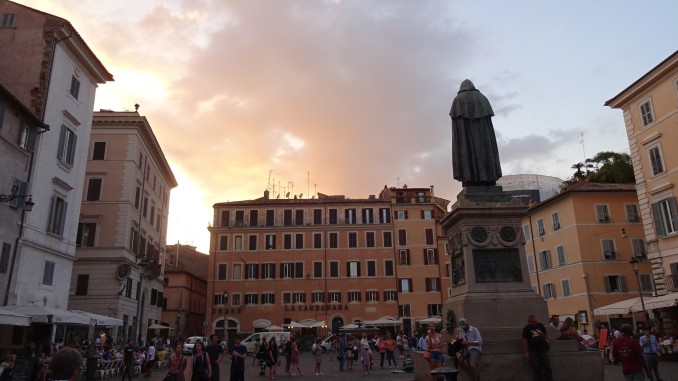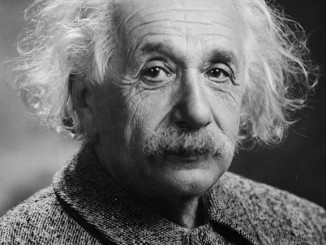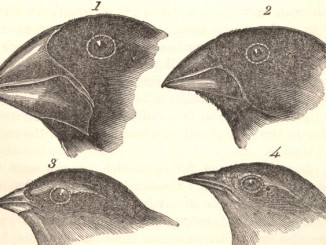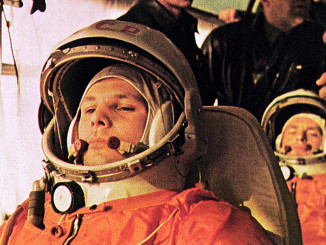
All around we read stories about what happened. Interesting, lively stories of individuals who did dramatic things. But many of those stories are not true. Others are incomplete and misleading. And it’s not just on the internet; many books portray myths and hearsay as if they were true.
I study history to figure out: What really happened?
Some people think that to study history is to read encyclopedias, to memorize trivia and forgotten events. However, at a research university that’s just not what it is. Instead, history is the urgent search to figure things out. I don’t want to read history but to dig it up, to rummage and ransack through fascinating traces of what people have said and done—to uncover the lies that made an injustice, and the heroic efforts of individuals to help one another.
News reports are often called the first draft of history. Some are sensational and exaggerated; because the news is more entertaining that way, it’s quick and disposable. But history is the effort to get it right.
Some skeptics think that if you major in the Liberal Arts you won’t get a good job. Actually, many History graduates earn a good living: as lawyers, researchers, writers, editors, analysts, consultants, journalists, educators, historians, etc. Some studied history because they realized that many goals in life are far more important than making money or working for a big corporation. Late in life, many people regret that they didn’t do what that they really loved—humanities, art, history—and that instead they settled for a repetitive career. Sadly, countless people are focused on just making money for themselves, accumulating ever-larger digital numbers in a bank account, as if it were your score in a videogame: private numbers that nobody else sees, numbers that are never enough.
Instead, those who study History engage in the real quest to solve mysteries, with the thrill of understanding the strange, awful, and wonderful things that people have done. We get to try to answer the key question: Why?
Why did people in one corner of the world wage war against the scarcely unlikable inhabitants of some other corner? Why did ridiculous and cruel ideas seduce normal, decent people? By investigating history we find out why their imagined self-importance led them to steal and kill. It’s a humbling experience to learn how thousands of families, up to their necks in tragedies, journeyed across deserts, mountains, oceans, and across the centuries to keep their cultures alive.
Students of history get to read the secret diaries that people hid, we interview witnesses, we find records, and private scribbles, love letters, and drawings, and photographs that tell us the beautiful and important things that people wanted to remember.
And why did some lonely individuals develop great ideas? Why did somebody somewhere have the free intelligence and the willful courage to stand up and speak out against an injustice? History shows how brave individuals have defeated monstrous tyrannies, in the long litany of human crimes. Above all, it’s uplifting and inspiring to figure out the secrets of how people won their freedom and envisioned an open society.
The past is a curious and wonderful thing, it lives in us, and we’re lucky enough to study it.




Leave a Reply